Schisandra
(Schisandra chinensis)
Schisandra is a deciduous climbing vine that is native to China & Eastern Russia. It’s a highly prized tonic herb in traditional Chinese medicine, used to promote longevity and overall wellness. Because it contains all 5 flavors recognized by Chinese medicine (bitter, sour, salty, pungent & sweet), its effects on the body are broad, as each flavor is associated with an organ system. The flavors will come through differently for different people, and there is a saying that whatever flavors you taste first are the flavors you need the most to restore balance. Because it contains a balance of all 5 flavors, it is considered safe for any constitution.
adrenal axis (HPA) and normalizes the endocrine and immune systems. It has historically been used as a longevity tonic, a sexual tonic, and a tonic for vital energy. Out of all the adaptogens that exist in the world, schisandra stands out as one that is both calming and invigorating. It can give you sustained energy and endurance while calming the spirit and helping you stay focused. And it is simultaneously nourishing, calming, rejuvenating and detoxifying.Schisandra is also hepatoprotective, meaning that it protects the liver against damage caused by environmental toxins, viruses or alcohol/drugs. In Chinese medicine, it is considered to nourish the liver yin, or the cooling & nourishing aspect of the liver’s functions. Modern research has shown that schisandra increases metabolism of heavy metals, and can help to decrease elevated liver enzymes. This is helpful for anyone with a liver that is overheated and overworked due to high levels of stress, anger, and controlling personalities as well as anyone exposed to a high level of toxins. It can be a useful herb for someone recovering from hepatitis, mono, or undergoing a hepatotoxic drug regimen such as chemotherapy.As an astringent herb, schisandra astringes excess fluid, tightening loose tissues to prevent leaky/boggy/atonic conditions such as urinary frequency, prolapse of the bladder, and diarrhea. It is used in Chinese medicine for leaky chi (involuntary sweating, premature ejaculation and ‘wasting & thirsting diseases’) when vital energy is slowly dissipating from the body.
I think of schisandra as an herb for anyone who is feeling puny or sluggish, with poor detoxification, brain fog, blood sugar lability, and a lot of anxiety/stress/overwhelm. It’s great for type A people who have burnt themselves out and are experiencing signs of adrenal fatigue such as metal fog, low energy, low libido, weak immunity. These people would do well to kick the coffee habit, as coffee depletes the adrenals, and schisandra makes a wonderful replacement for your morning coffee, perking you up while helping you to adjust to the symptoms of withdrawal (keeping you feeling stable and focused, alleviating jitteriness, headache and palpitations).
Indications: tuberculosis, mild asthma with wheezing , diabetes, blood sugar lability, diarrhea, nocturnal emission, involuntary sweating, insomnia, forgetfulness, low energy, chronic stress, brain fog, difficulty focusing, anxiety, palpitations, weak immune system, low libido, bladder prolapse, quitting coffee addiction, hepatitis, heavy metal toxicity, mono, cancer
Contraindications: because the sour flavor can increase gastric secretion, use schisandra cautiously if you have gastric ulcers acute gastric inflammation. Its liver detoxifying actions may affect the metabolism of certain medications (inhibiting CYP3A4). Schisandra has shown no harmful effects to fetal development, but it does have a traditional use of inducing labor (20-25 drops of tincture per hour), so large amounts should be avoided by pregnant women. If you are pregnant, seek the guidance of a professional herbalist or midwife before using schisandra regularly.
Dosage: 3-9 grams daily of powder, or 1 tsp of dried berries to 8 oz of water, decoct for 5 minutes or steep for 30 min. Tincture: 30-60 drops (1.5-3ml) qid
**This information is for educational purposes only and is not intended to diagnose or treat any disease**
**This information is for educational purposes only and is not intended to diagnose or treat any disease**

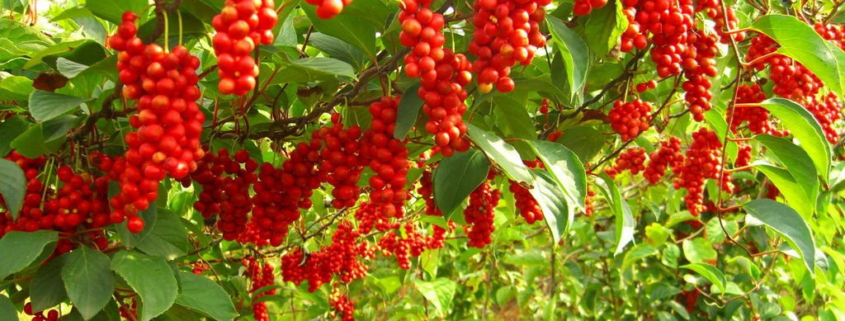


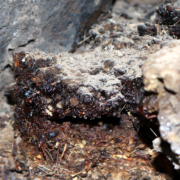


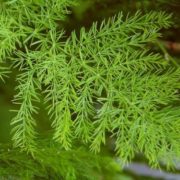
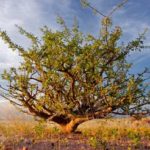
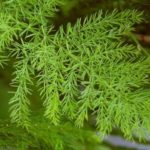
Leave a Reply
Want to join the discussion?Feel free to contribute!